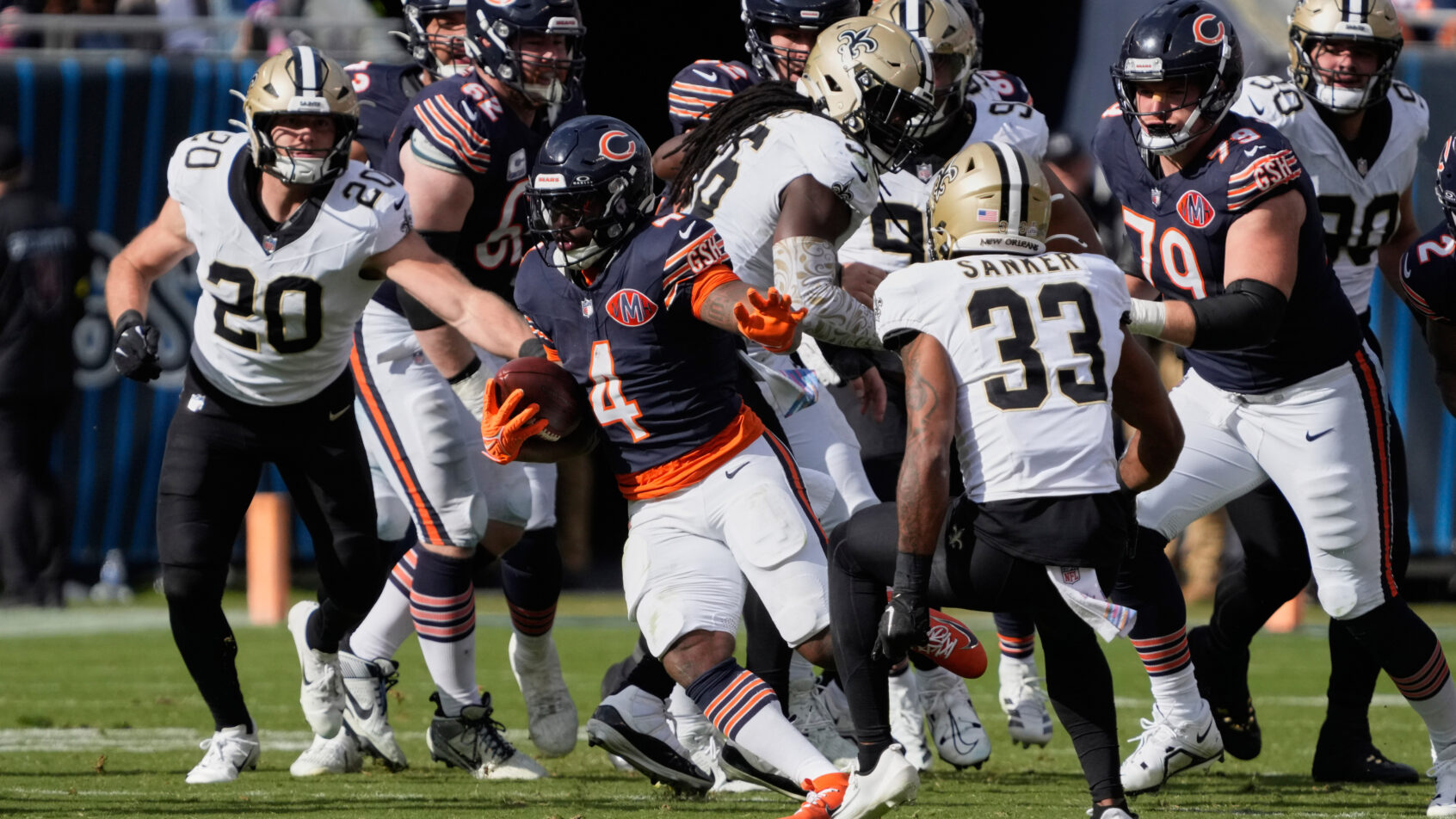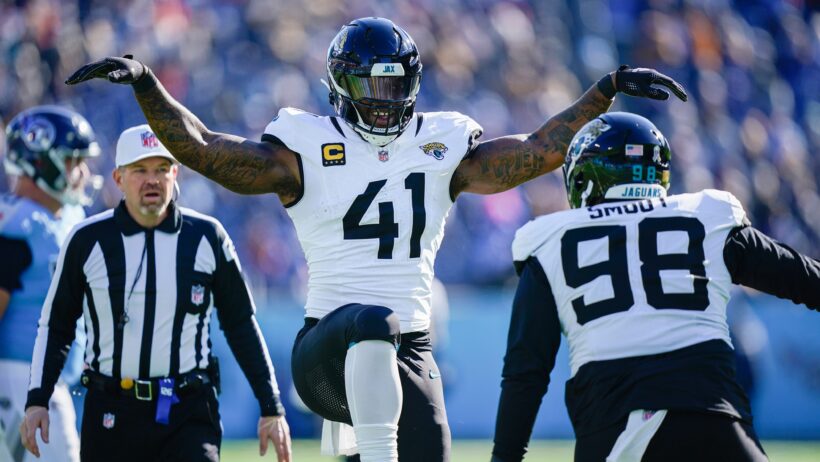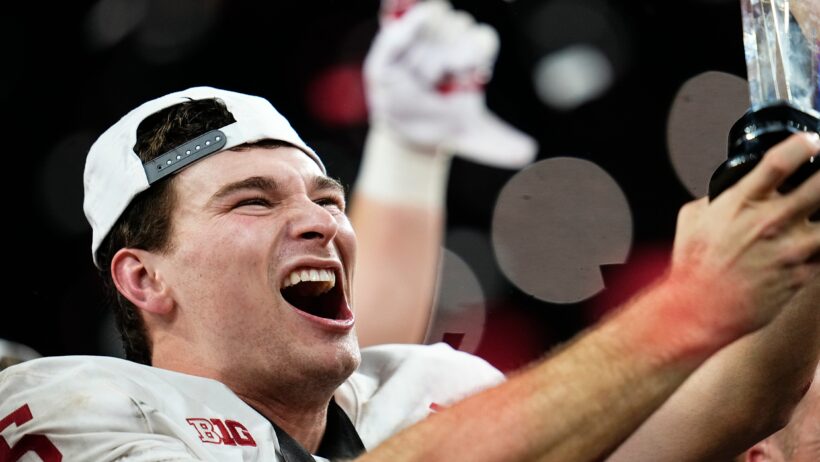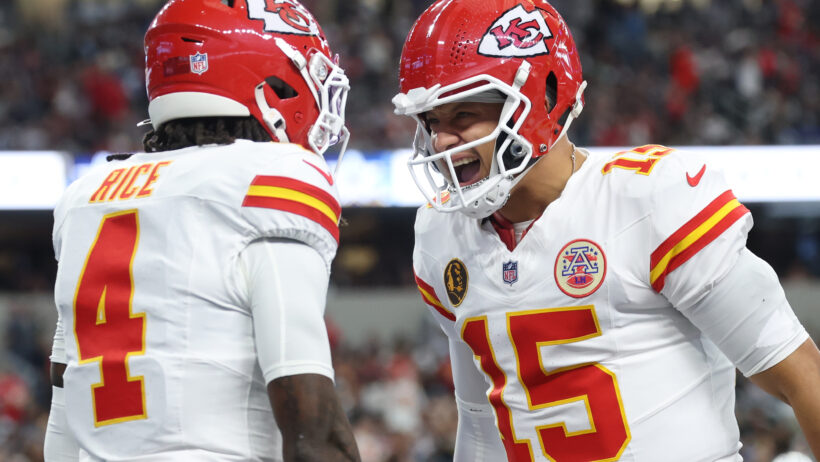Illinois Reps: Leave Sports Betting Taxation to the State
By Robert Linnehan in Sports Betting News
Published:

- Illinois Rep. Daniel Didech (D-59) today introduced a bill to limit sports betting taxation to state legislators
- If approved, state legislators will have the exclusive power to tax sports betting and impose fees
- The bill is in response to a recent proposal from Chicago Mayor Brandon Johnson (D) to tax sports betting at a rate of 10.25% in the city
Several Illinois Representatives are hoping to leave all Illinois sports betting taxation and fee decisions up to state legislators in the future.
Rep. Daniel Didech (D-59) today introduced HB 4171, which if approved would prohibit anyone but state legislators the power to regulate, license, or tax sports betting in Illinois.
The proposed legislation comes in direct response to a recent budget proposal from Chicago Mayor Brandon Johnson (D), who proposed a new 10.25% city sports betting tax in his 2026 budget.
Leave Sports Betting Taxation To State
Didech’s bill aims to affirm that regulation of the Illinois sports betting industry remains the sole responsibility of the state. Didech is the Chair of the House Gaming Committee.
“When the legislature legalized sports betting in 2019, it was never our intent to allow local governments to create their own rules for this industry,” Didech said. “Chicago’s proposal will hurt consumers, drive vulnerable people to predatory illegal markets, and reduce state tax revenue. The city should work collaboratively with the state to ensure sound, informed policy decisions are made on this issue.”
In Johnson’s 2026 budget proposal, the Chicago mayor included a 10.25% tax on online sports betting gross gaming revenues. By his estimates, the city would bring in an additional $26.2 million per year through the new tax.
Johnson hopes to close a near $1.15 billion deficit in 2026.
Didech’s bill would prohibit this plan. Under his bill, a “home rule unit” such as the City of Chicago “may not impose or collect a tax on sports wagering or a tax on receipts generated from sports wagering.”
His bill is co-sponsored by Reps. Curtis J. Tarver II (D-25), Angelica Guerrero-Cuellar (D-22), Edgar González, Jr. (D-23), and Michael J. Kelly (D-15). The state’s legislative session concluded earlier this year and Didech’s bill will not be able to be heard until the 2026 session opens in January.
State Already Imposes Own Sports Betting Fees
Over the last two years, Illinois has made several significant changes to to the state’s sports betting industry.
Gov. JB Pritzker (D) approved a budget earlier this year that included a new per-bet fee for all licensed online sports betting operators. The per-bet fee went into effect on July 1, 2025, and resulted in more than $5.2 million in revenue during its first month of operation.
In 2024, Pritzker signed a budget into law on June 1, 2024, which included a new progressive tax rate for licensed state sportsbooks. The state budget included the first-ever progressive tax rate for sports betting operators in the country, which will see sportsbooks pay a rate of 20% to 40% based on adjusted gross revenues.
Based on the structure, operators pay taxes based on the following adjusted gross sports betting revenue totals:
$0 to $30 million: 20%
$30 million to $50 million: 25%
$50 million to $100 million: 30%
$100 million to $200 million: 35%
Over $200 million: 40%

Regulatory Writer and Editor
Robert Linnehan covers all regulatory developments in online gambling and sports betting. He specializes in U.S. sports betting news along with casino regulation news as one of the most trusted sources in the country.



